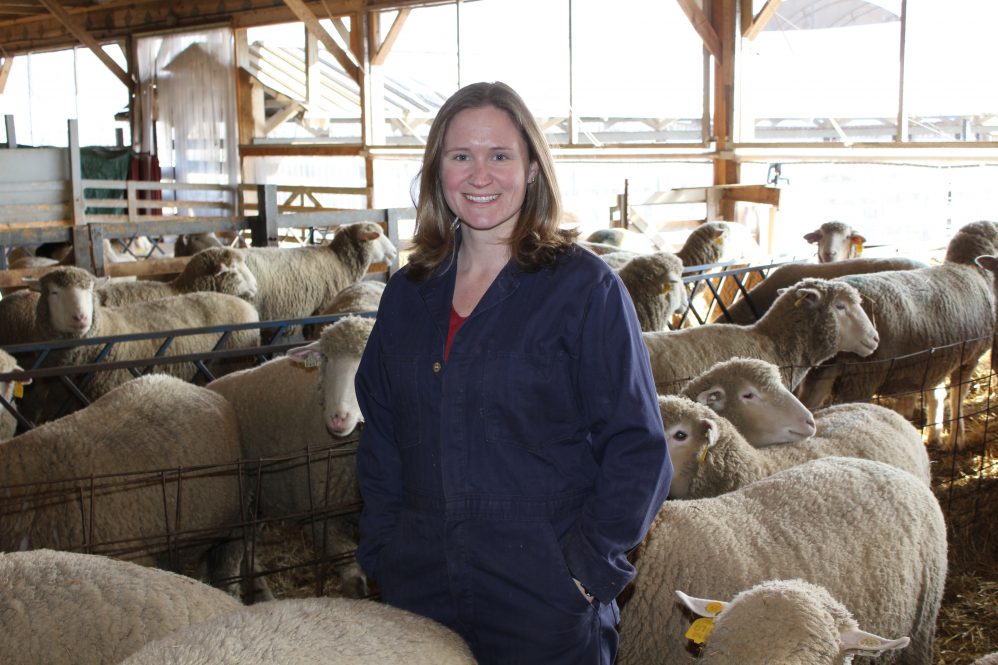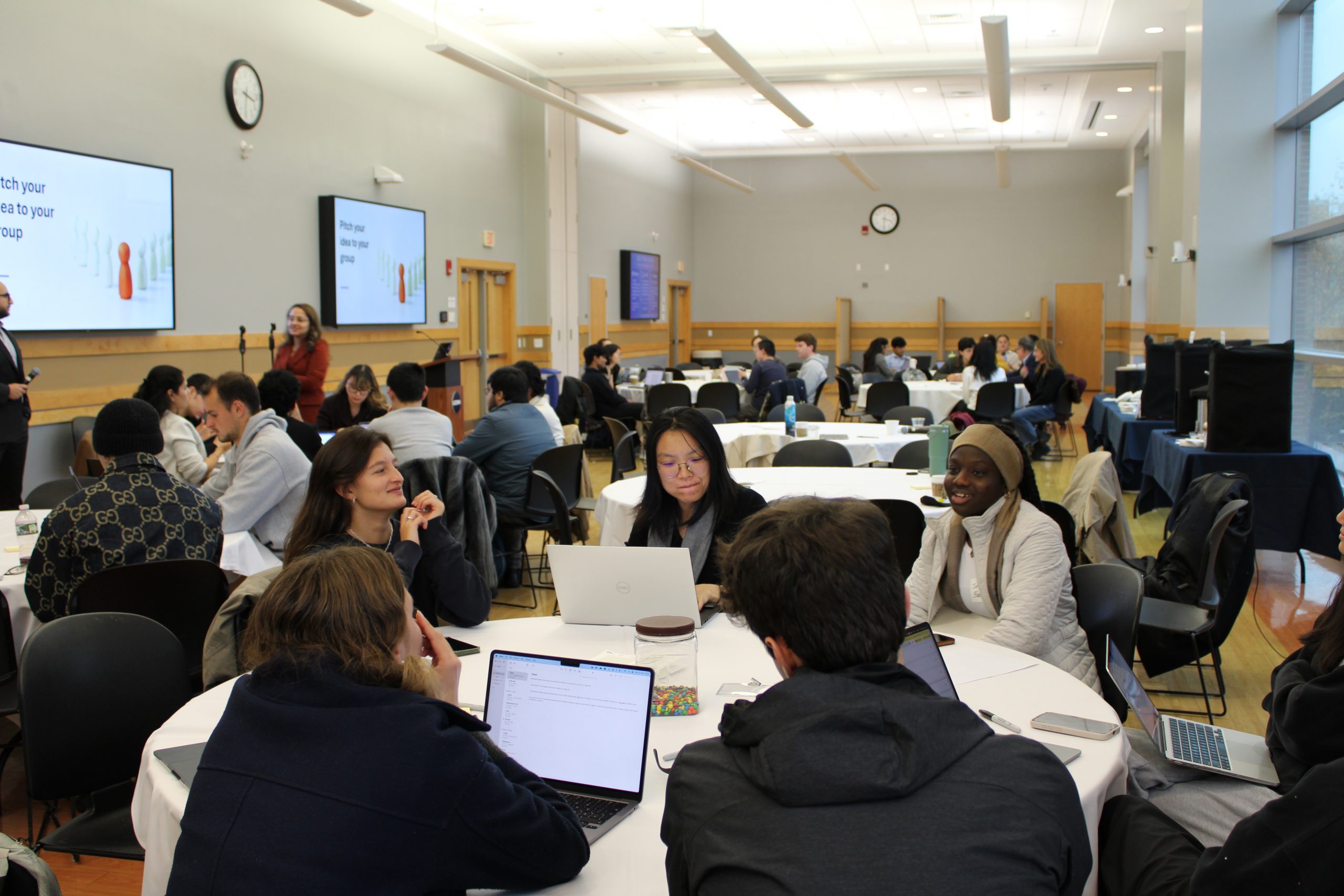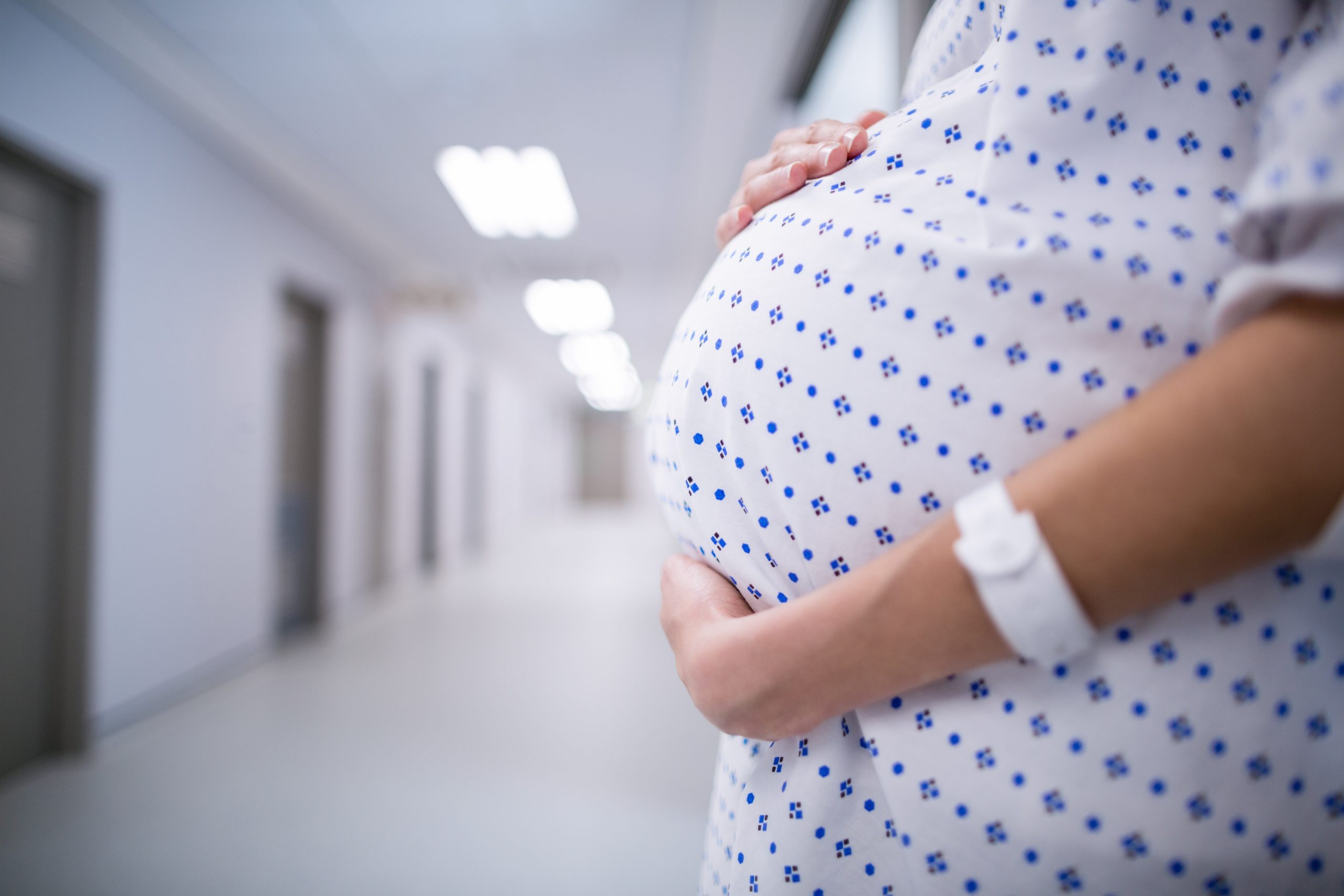While it is common knowledge that an individual’s nutrition plays an important role in metabolic function, much less is known about the role that maternal nutrition plays in the future health of offspring.
Associate professor of animal science in the College of Agriculture, Health and Natural Resources, Kristen Govoni, has received a $25,000 grant through the Office of the Vice President for Research’s Research Excellence Program (REP) to investigate the effects of maternal nutrition on offspring health.
The Office of the Vice President for Research REP provides seed funding to fuel innovative research, scholarship, and creative projects.
Using sheep as a model, she will look at how over-feeding of the mother during gestation causes epigenetic changes in offspring liver that ultimately affect growth, metabolism, and inflammation. This award will lead to a grant application to address key questions related to animal and human health as it relates to maternal nutrition.
Previous research has shown that poor maternal nutrition has negative impacts on the growth and maintenance of offspring including issues with obesity and metabolic disease.
“We know that poor nutrition during gestation causes reduced growth, increased fat deposition, and metabolic dysregulation in offspring,” says Govoni. “This REP award will allow us to further explore the mechanisms that contribute to programming in the fetus and with the long-term goal of identifying methods of early intervention to prevent and/or decreased metabolic disease later in life.”
Challenges for a mother during pregnancy can positively or negatively contribute to fetal programming, which leads to changes that can alter later development of the offspring. There is recent evidence that suggests such effects can extend to subsequent generations as well, even if the nutrition is normal for the first generation of offspring.
In conjunction with the lab of Sarah Reed, associate professor in the Department of Animal Science, Govoni is also evaluating the effects of maternal dietary changes on offspring muscle growth, oxidative stress, and inflammation. That research study, which is funded by a U.S. Department of Agriculture, complements this REP funded study to paint a complete picture of the impacts of both over- and under-feeding during pregnancy on subsequent offspring growth and metabolism, says Govoni.
If Govoni can determine how the intake of excess nutrients during pregnancy affect key genes that regulate growth, metabolism, and inflammation in offspring, this research could ultimately inform nutritional guidelines during pregnancy that have impacts extending beyond the first generation. Understanding how epigenetic regulation can be affected during gestation could have far reaching impacts on obesity rates and associated healthcare costs.
Govoni holds a Ph.D. in Animal Science from the University of Connecticut. Her research interests include growth and development in livestock species and how nutrition can positively or negatively affect health and efficiency of production.
Follow UConn CAHNR on social media



